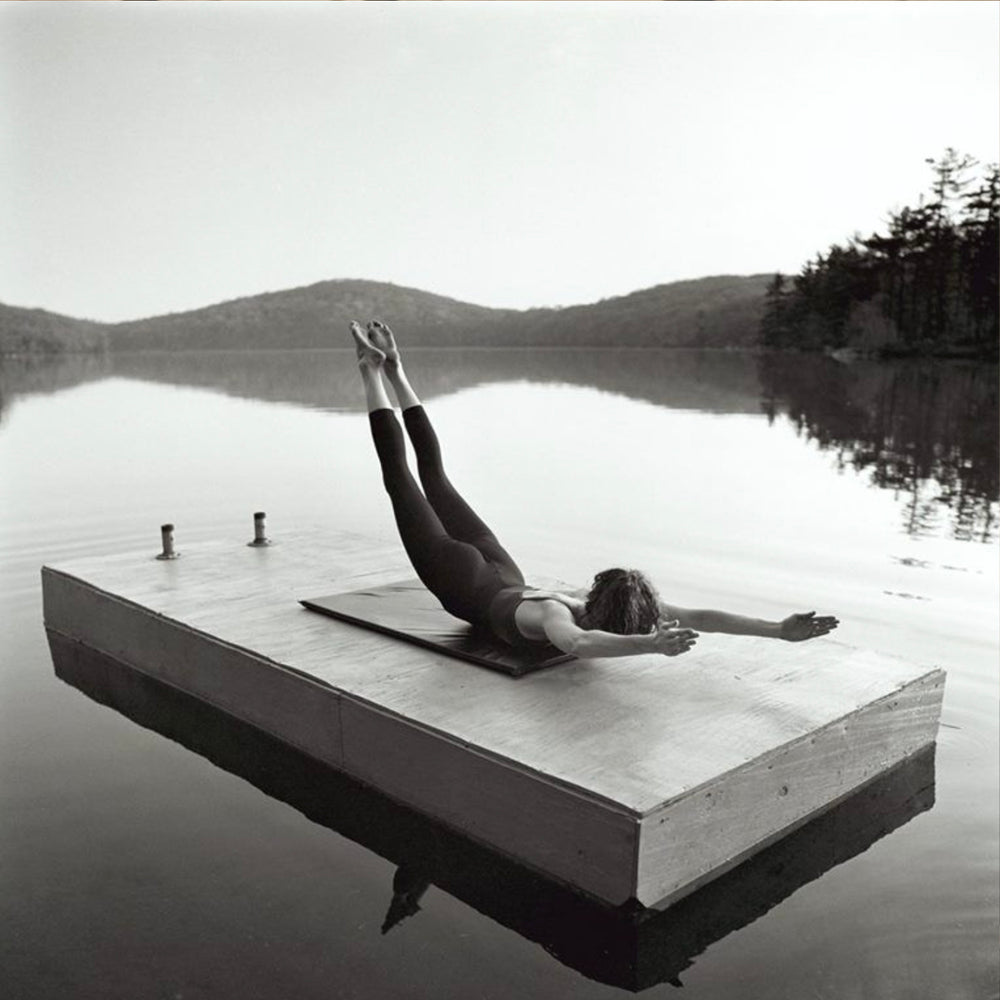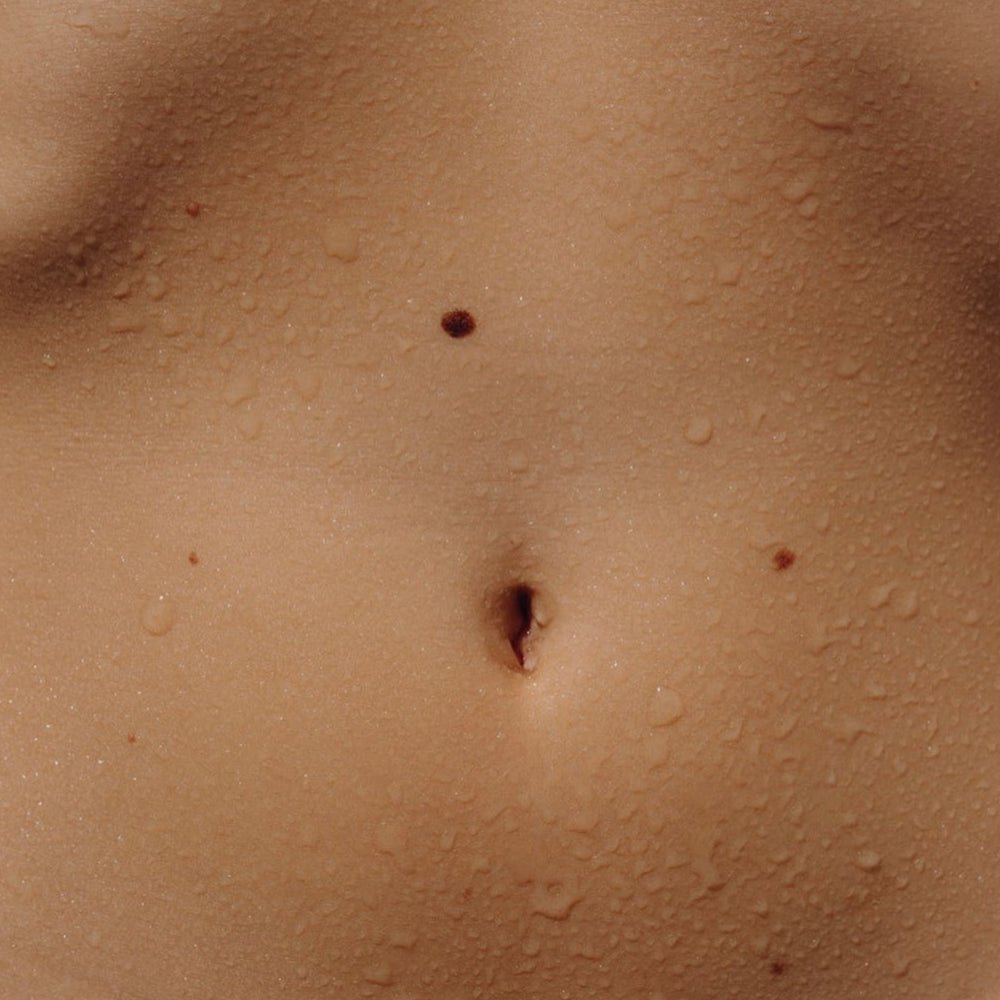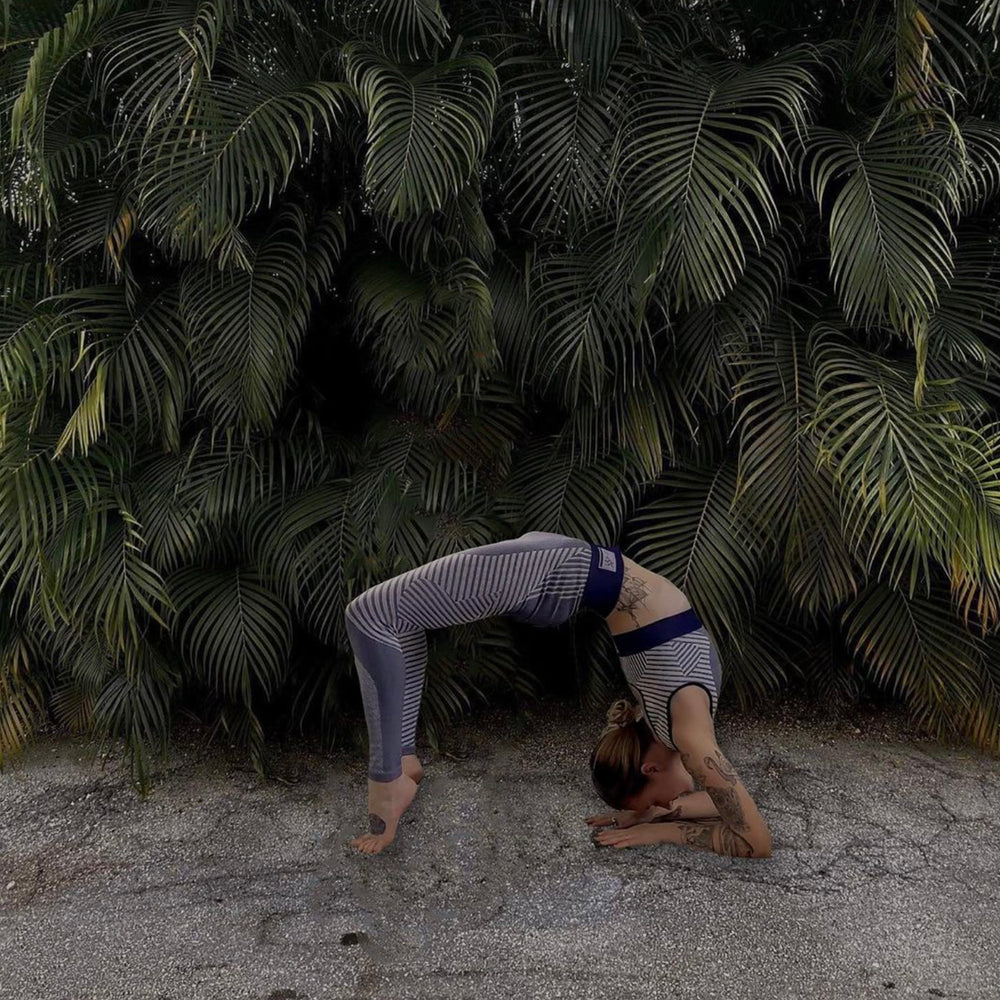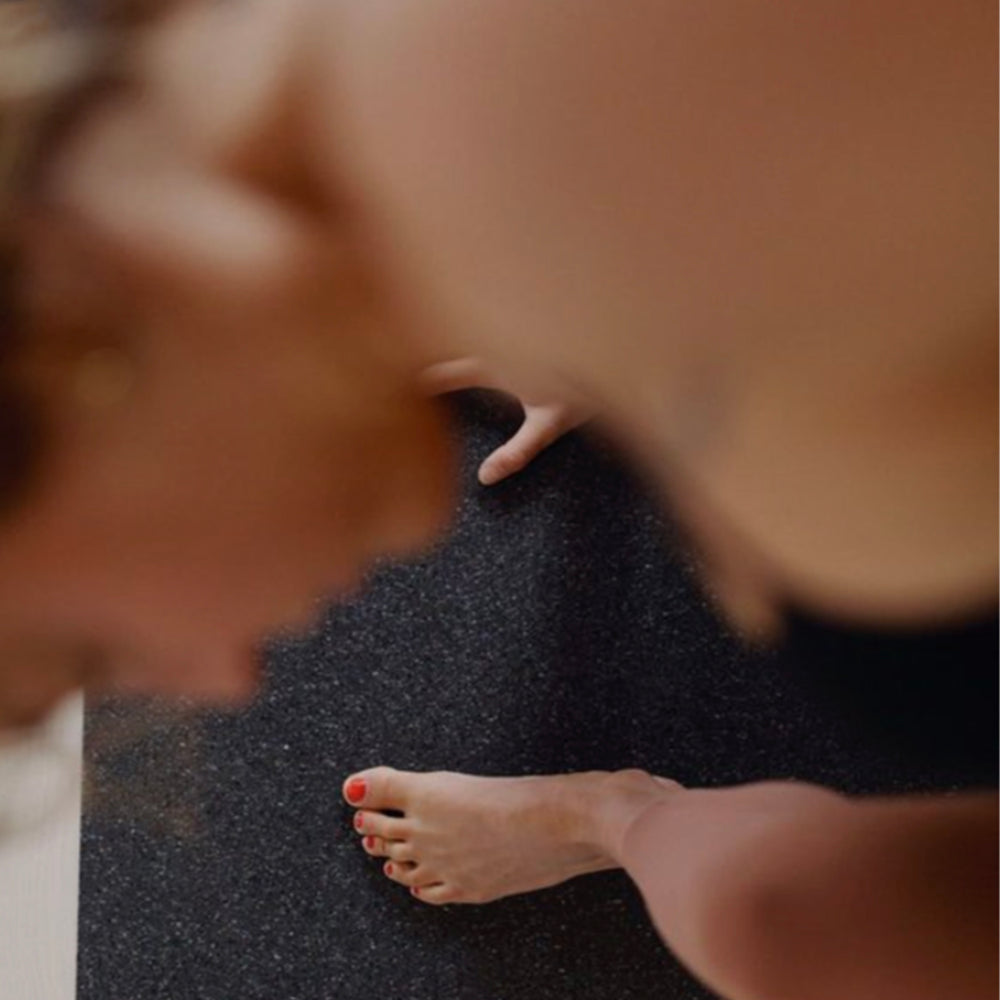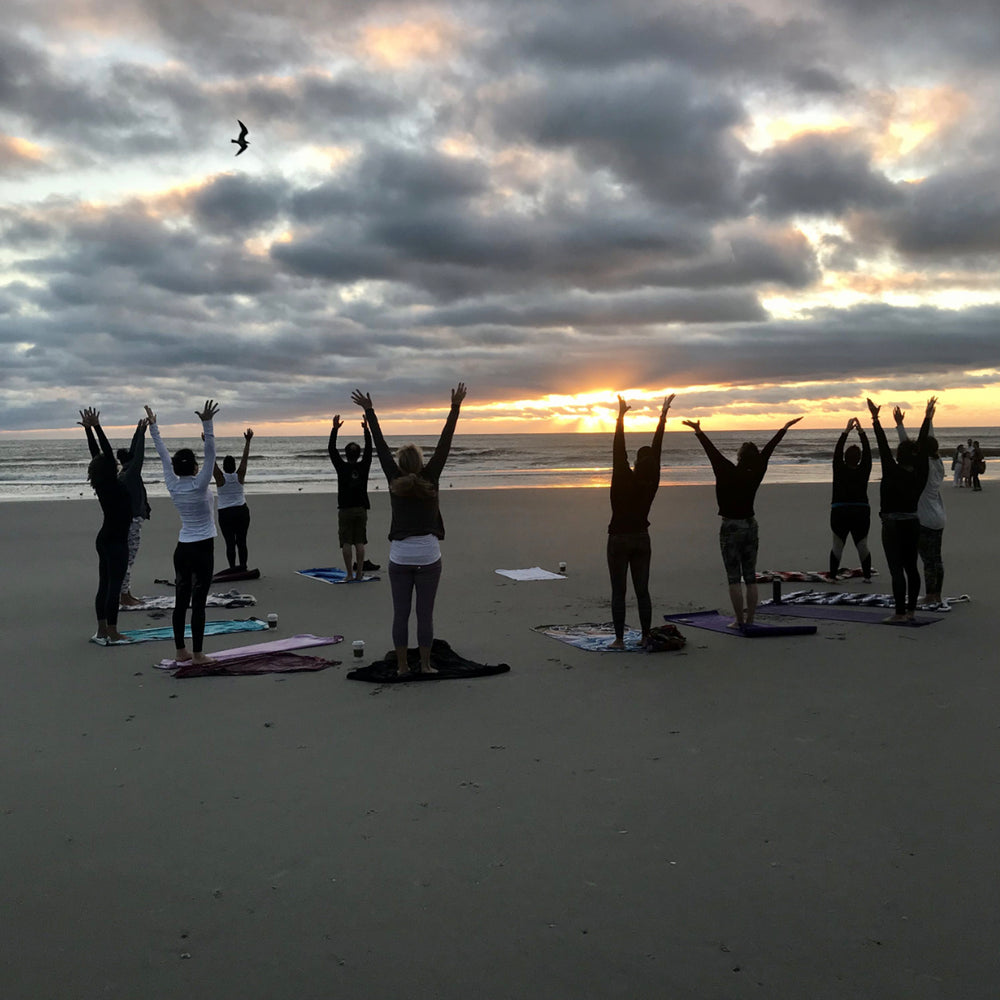|

|
In the quest for holistic well-being, this ancient Japanese technique is not just a method of healing; it's a pathway to harmonizing the mind, body, and soul. Reiki, translating to 'universal life energy' in Japanese, is based on the idea that life energy flows through all living things and that one's health is interconnected with the state of this energy. Here, we will explore how Reiki heals and balances the mind, body, and soul, offering a comprehensive guide to this profound practice.
1. Understanding Reiki
Reiki is a form of energy healing that involves the transfer of universal energy from the practitioner’s palms to the patient. Developed in the early 20th century by Mikao Usui in Japan, it has since traveled across the world, gaining recognition as a complementary therapy alongside conventional medical treatments.
2. The Principles of Reiki
Reiki is founded on five spiritual principles which guide practitioners not only in their healing work but also in their everyday lives:
- Just for today, I will not worry.
- Just for today, I will not be angry.
- Just for today, I will do my work honestly.
- Just for today, I will give thanks for my many blessings.
- Just for today, I will be kind to every living thing.
These principles emphasize the importance of peace, gratitude, and kindness, forming the ethical backbone of Reiki practice.
3. How Reiki Works
Reiki practitioners believe that energy can stagnate in the body where there has been physical or emotional pain. Over time, these energy blocks can cause illness. Reiki aims to improve the flow of energy around the body, promoting relaxation, speeding up healing, reducing pain, and decreasing other symptoms of illness.
4. The Reiki Session
A typical Reiki session involves the practitioner placing their hands lightly on or over specific areas of the head, limbs, and torso for 2 to 5 minutes. During this time, the transfer of energy occurs. The hands are held in each position until the practitioner feels that the energy has stopped flowing.
5. Healing the Mind
Reiki's approach to mental health is rooted in its ability to induce deep relaxation. It helps in alleviating stress and anxiety, promoting a sense of peace and well-being. Regular Reiki sessions can lead to improved mood, enhanced clarity of thought, and better emotional balance.
6. Healing the Body
On a physical level, Reiki supports the body's natural healing processes. It’s known to provide relief from pain and fatigue, enhance the quality of sleep, and improve symptoms of various conditions like migraines, arthritis, and sciatica. It’s also often used as a complementary therapy for people undergoing medical treatments like chemotherapy.
7. Healing the Soul
Reiki transcends physical and mental wellness, touching the depths of the soul. It encourages personal and spiritual growth, deepens the connection with one’s inner self, and fosters a sense of harmony and connectedness with the universe.
8. The Science Behind Reiki
While empirical research on Reiki is still evolving, numerous studies have shown positive outcomes, especially in stress reduction and relaxation. The practice is said to stimulate the body’s parasympathetic nervous system, which is responsible for rest and repair functions.
9. Learning and Practicing Reiki
Reiki is taught by Reiki Masters who have attained the highest level of Reiki training and can perform attunements – a process by which students are granted access to the universal energy. There are different levels of Reiki training, from beginner to master.
10. Self-Reiki for Daily Wellness
Practitioners of Reiki can also perform self-Reiki to maintain personal well-being. This involves using Reiki techniques on oneself, promoting self-healing and balance.
11. Reiki and Traditional Medicine
Reiki is not meant to replace traditional medical treatments but to complement them. It can enhance the effects of medical care by reducing side effects, alleviating pain, and accelerating recovery.
12. The Universal Appeal of Reiki
One of the most striking features of Reiki is its universal applicability. It can be practiced by anyone, regardless of age, health status, or background. It transcends cultural and religious boundaries, making it a globally accepted form of healing.
13. Finding a Qualified Reiki Practitioner
For those seeking Reiki treatments, it is important to find a qualified and experienced practitioner. Reiki practitioners do not require formal medical training, but they should have completed the necessary Reiki training levels and ideally, have experience in practicing.
14. Reiki for Emotional Release
Many people turn to Reiki for emotional healing. It can be particularly effective in dealing with grief, trauma, and emotional blockages, fostering emotional release and healing.
15. Reiki for Holistic Self-Care
Reiki encourages a holistic approach to self-care, reminding individuals of the importance of caring for the mind, body, and soul. It supports a lifestyle that values mindfulness, self-compassion, and overall wellness.
16. The Energetic Anatomy
Reiki also introduces practitioners to the concept of energetic anatomy, such as chakras and auras, providing a deeper understanding of the energetic dimensions of the human body.
17. The Role of Intuition in Reiki
Reiki is deeply connected with intuition. Practitioners often rely on their intuitive sense to guide them to the areas of the body that need the most energy healing.
18. Community and Support in Reiki
Reiki can foster a sense of community and support, especially when practiced in groups or through Reiki shares, where practitioners give and receive Reiki in a group setting.
19. Continuous Learning and Growth
The journey of a Reiki practitioner is one of continuous learning and personal growth. The practice encourages ongoing self-reflection and spiritual development.
20. The Ripple Effect of Reiki
Practitioners often find that the benefits of Reiki extend beyond themselves, positively impacting their relationships and interactions with others.
Reiki offers a unique and profound way to heal and harmonize the mind, body, and soul. Its gentle yet powerful approach to wellness has made it a respected and sought-after practice worldwide. Whether used as a complementary therapy for physical ailments, a tool for mental and emotional healing, or a path for spiritual growth, Reiki holds the potential to transform lives. By embracing the principles and practices of Reiki, individuals can embark on a transformative journey towards holistic health and inner peace.
|





